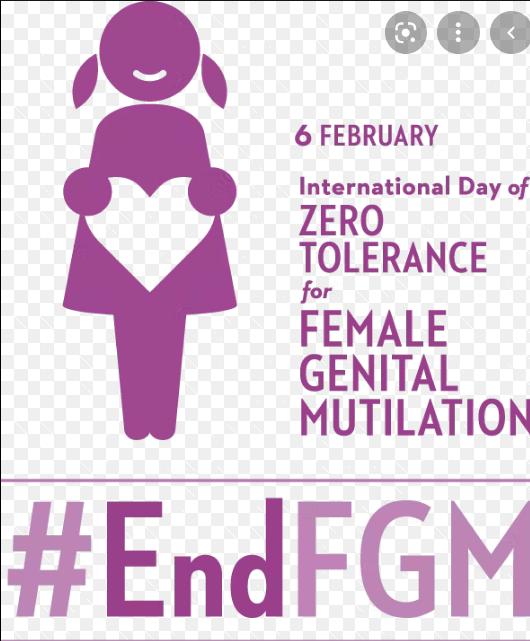Africa-Press – Gambia. According to the United Nations, today (February 6) is International Day of Zero Tolerance for Female Genital Mutilation.
The UN describes female genital mutilation (FGM) as all procedures that involve altering or injuring the female genitalia for non-medical reasons and is recognized internationally as a violation of the human rights of girls and women.
The UN said that the practice reflects deep-rooted inequality between the sexes and constitutes an extreme form of discrimination against women and girls.
The practice also violates women’s rights to health, security and physical integrity, their right to be free from torture and cruel, inhuman or degrading treatment and their right to life when the procedure results in death.
The UN is therefore calling on communities to engage on the topic and focus on human rights and gender equality for women and young girls.
The UN emphasized that systematic efforts are needed and coordination is required to promote the abandonment of FGM. This will require dialogue between, and empowerment of, communities to end the practice.
Communities must also address the sexual and reproductive health needs of women and girls who suffer from its consequences.
UNFPA, jointly with UNICEF, leads the largest global programme to accelerate the abandonment of FGM.
The programme currently focuses on 17 African countries and also supports regional and global initiatives.
Key facts provided by the United Nations on the violation of the human rights of women and girls:
Globally, it is estimated that at least 200 million girls and women alive today have undergone some form of FGM.
If current trends continue, 15 million additional girls between ages 15 and 19 be subjected to it by 2030.
Girls 14 and younger represent 44 million of those who have been cut, with the highest prevalence of FGM among this age in Gambia at 56 per cent, Mauritania 54 per cent and Indonesia where around half of girls aged 11 and younger have undergone the practice.
Countries with the highest prevalence among girls and women aged 15 to 49 are Somalia 98 per cent, Guinea 97 per cent and Djibouti 93 per cent.
FGM is mostly carried out on young girls sometime between infancy and age 15.
FGM cause severe bleeding and health issues including cysts, infections, infertility as well as complications in childbirth increased risk of newborn deaths.
FGM is a violation of the human rights of girls and women.
Loop is better in the app. Customize your news feed, save articles for later, view your reading history and more. Click the links below to download the app for Android and IOS.
For More News And Analysis About Gambia Follow Africa-Press






